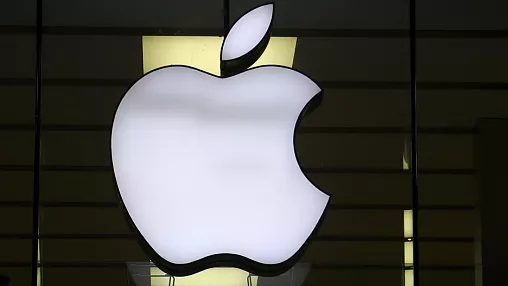Congo Sues Apple for Exporting Minerals from Conflict Zones


The Democratic Republic of Congo (DRC) has filed a lawsuit against Apple, accusing the tech giant of importing minerals from conflict zones where armed groups are allegedly exploiting local populations. The lawsuit, which was filed in a U.S. federal court, alleges that Apple has indirectly funded violent groups by sourcing minerals such as cobalt and tin, which are essential components in the production of electronics, including smartphones and batteries.
Cobalt, a key element used in the production of lithium-ion batteries, is abundant in the DRC, which is home to more than 60% of the world’s cobalt reserves. However, mining in the region has long been linked to human rights abuses, including forced labor, child labor, and environmental damage. The lawsuit claims that Apple’s supply chain practices have enabled the exploitation of workers in these conflict zones, despite the company’s stated commitments to ethical sourcing and human rights protections.
The legal action is being spearheaded by a group of Congolese plaintiffs, including local advocacy groups and workers, who argue that Apple’s failure to ensure responsible sourcing of minerals has perpetuated violence and exploitation in the region. According to the plaintiffs, Apple and other tech companies have not done enough to investigate or address the risks of sourcing materials from areas controlled by armed groups.
Apple, in response, has denied the allegations, stating that it takes ethical sourcing very seriously and works with suppliers to ensure compliance with its strict guidelines. The company has also pointed to its efforts to trace the origin of minerals used in its products and its partnerships with organizations aimed at improving the lives of miners in the DRC.
The case draws attention to the broader issue of “conflict minerals,” which has become a major concern for multinational companies in recent years. In response to international pressure, laws such as the U.S. Dodd-Frank Act require companies to disclose whether they are sourcing minerals from conflict zones, and many have taken steps to audit their supply chains and seek alternatives.
However, despite these efforts, the DRC remains a challenging environment for addressing issues of transparency and human rights within the mining industry. The legal battle against Apple is expected to further highlight the complexities of ensuring responsible sourcing in conflict-affected regions and may have wider implications for tech companies sourcing minerals globally.
As the case progresses, it is likely to spark further debates about the responsibility of corporations in conflict zones and the ethics of global supply chains in the modern tech industry.
Recent Posts
Ether Surpasses 2021 Record Following Powell’s Rate Cut Hints
Ether's price surged past its 2021 record after Jerome Powell's speech hinted at potential rate…
Understanding the Federal Reserve’s Impact on Retirees’ Financial Security
Explore how the Federal Reserve's policies affect retirees and the broader economy, ensuring financial stability…
Federal Reserve Chair Candidate Interviews to Begin After Labor Day
Treasury Secretary Scott Bessent confirms interviews for Federal Reserve chair candidates will start post-Labor Day,…
Walmart and Competitors Reveal Earnings Amid Rising Tariff Impact
Walmart and rivals report earnings, highlighting tariff effects on consumer prices. Insights on market trends…
Financial Challenges Facing Seniors: Navigating a Tight Budget
Explore the financial struggles seniors face on limited incomes and discover strategies for effective budgeting…
U.S. Stock Futures Rise Ahead of Fed Meeting After Trump-Putin Summit
U.S. stock futures see slight gains following the Trump-Putin summit as investors prepare for the…